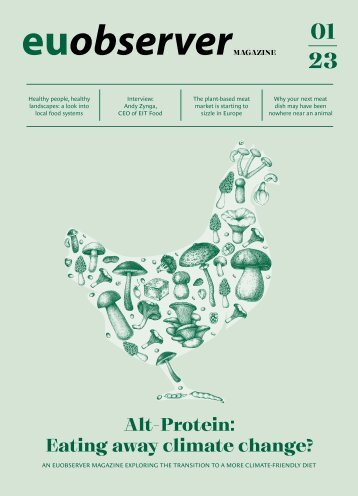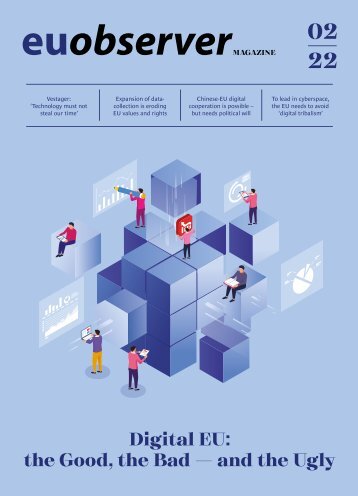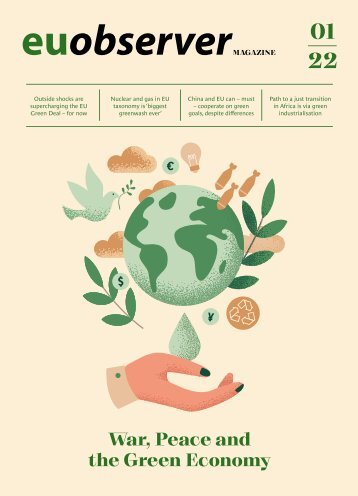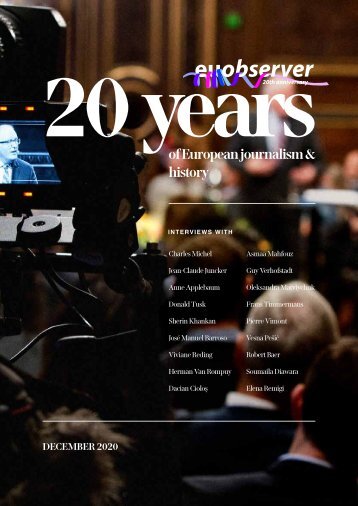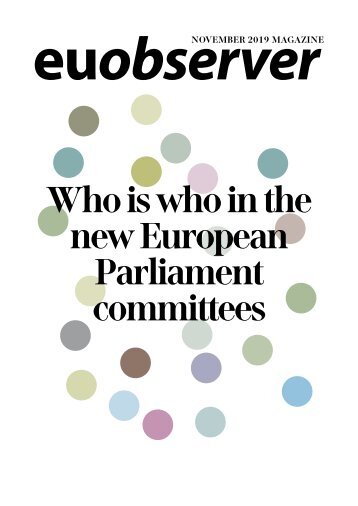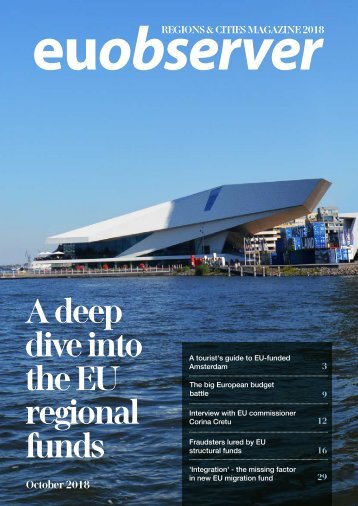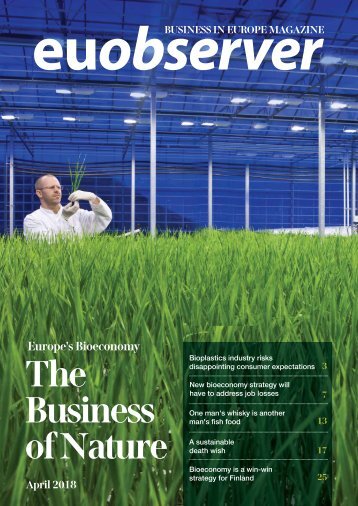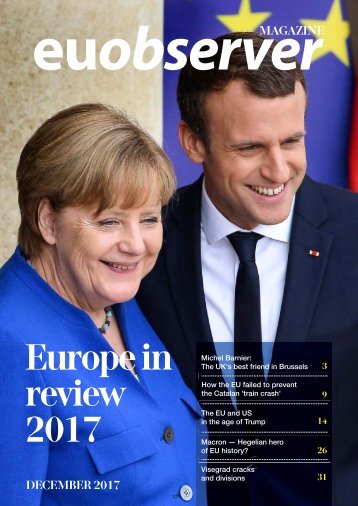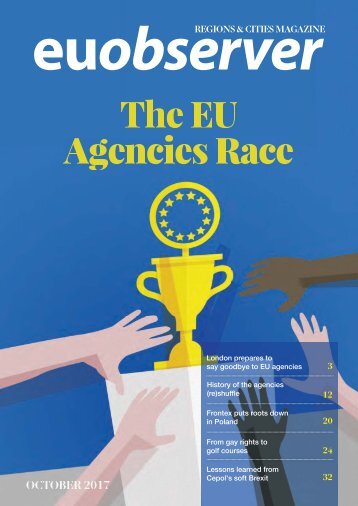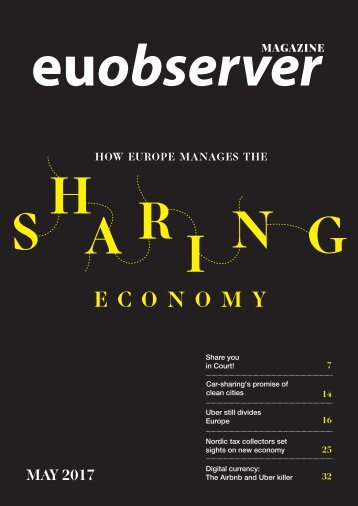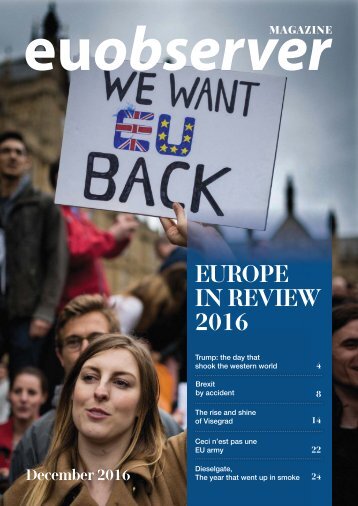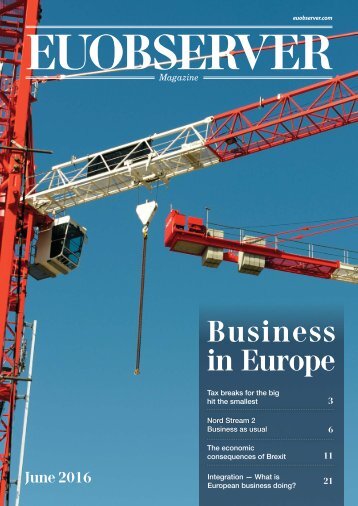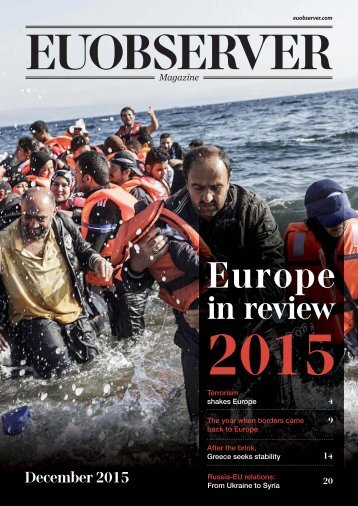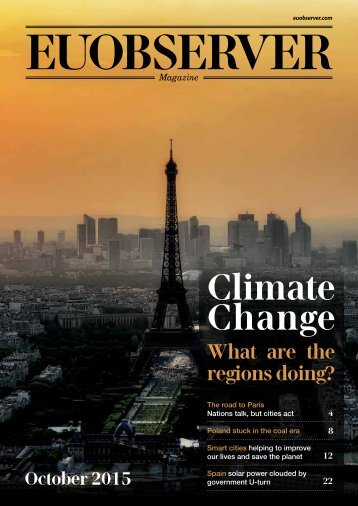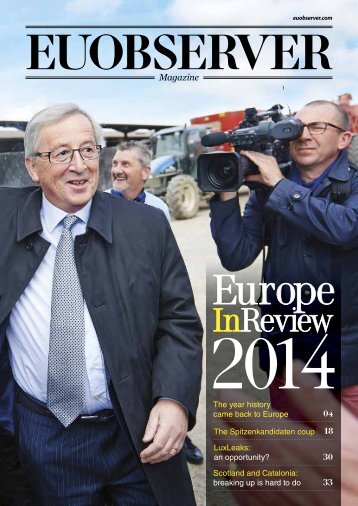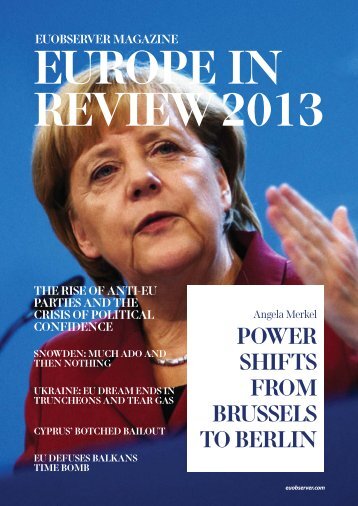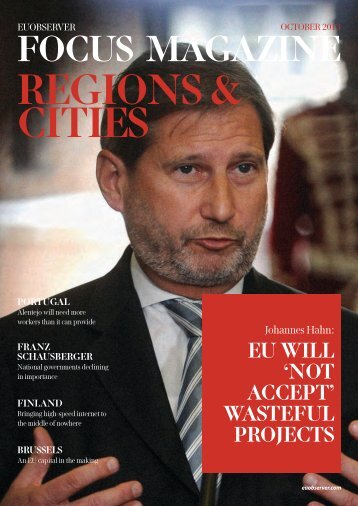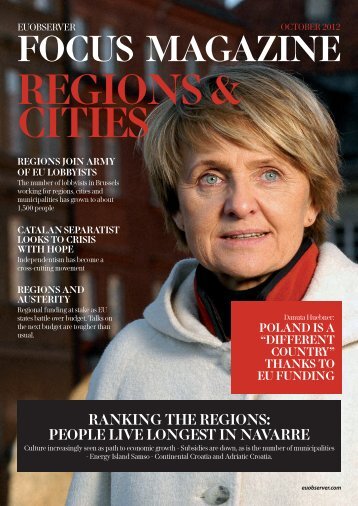How Europe manages the sharing economy
- Text
- Tech
- Europe
- Agenda
- Market
- Economy
- Smartphone
- Digital
- Economy
- Economy
- Airbnb
- Uber
- Union
- Politics
- Euobserver
- Business
- Economy
Photo: Marco Vanoli
Photo: Marco Vanoli Still, people do get to meet each other, and might be able to learn about different perspectives, which has been the basic philosophy held by the "original" sharers, along with sharing instead of owning. POSITIVE SOCIAL IMPACT That is why Benita Matofska - a global expert and speaker on the sharing economy, and founder of The People Who Share, which aims to “mainstream the sharing economy worldwide” - does not believe in the dichotomy of the “fake” and “real” sharing economy. She says the benchmark on making a judgement on a business should be whether it has a positive social impact. economic ecosystem built around the sharing of human, physical and intellectual resources”. She argues that there are different types of sharing resources, but that the media has been focusing on the business side of the sharing economy, distorting its image. “They are just a small part of the story,” she told EUobserver, hoping to re-balance the image. But not everybody is convinced. “traditional” way of sharing. It was founded in 2007, is Everyone at the organisation is a volunteer, and it makes use of donations to cover its administrative costs, for things such as internet server payments, banking fees, and trademark registrations. Last year they had expenses amounting to around € 260,000. Kuhner admits their 100,000 membership is “nothing” for her, that is not the point. number of encounters. That is what has value for us,” about numbers." She admits to being “disappointed” with sites like Airbnb misleadingly using sharing for their business. She went on to call the site: “just a bed and breakfast with a different platform”. She was also "negatively surprised" by the fact that people think Airbnb and Uber are the real thing, while she refers to them as the “fake sharing economy”. “We will never be mainstream,” she said. 12 — SHARING ECONOMY & EUROPE MAY 2017
PEOPLE BENEFIT But the changing business model is altering how businesses look at communities. Matofska argues that even the impact of Airbnb, which has been criticised and regulated in various cities enables people to access cheaper accommodation, to travel, to stay in areas where they usually would not, and spend more money on the local economy. giving access to their resources, for instance, hotels reaching out to local communities. Matofska says people are increasingly looking for companies that share, or participate in the sharing economy with a positive social impact. This acts as a positive push for traditional companies, and the experience becomes more personal even if the initial choice is based on the prospect of spending less money on a service. She also highlighted several social enterprises that work with shared resources, which aim to have a positive impact on society. The UK project and registered charity, FareShare, is working to save food that is still good, but is normally thrown away and wasted. They send it to community groups who create meals for people in need. She argues that companies need to be encouraged to create more of a social impact while the sharing economy is still young and evolving. In June, she will spearhead the Global Sharing Week, where people get together to share experiences and participate in the sharing economy. Another example from the UK, Streetbank, is a community of over 50,000 neighbours sharing things, to know each other. Similar initiatives exist in other countries, as well. argues. “All of this has value, as it is a part of a culture-shift to enabling people to access shared resources,” Matofska says. The fact that the sharing economy has disrupted the traditional economy is a good thing, she argues, as traditional businesses are trying to up their game by Photo: Peerby Photo: Open Minder SHARING ECONOMY & EUROPE MAY 2017— 13
- Page 1 and 2: HOW EUROPE MANAGES THE E C O N O M
- Page 3 and 4: A TRANSFORMATION THAT LACKS A COMMO
- Page 5 and 6: For Airbnb, which allows its users
- Page 7 and 8: SHARE YOU IN COURT! Regulatory syst
- Page 9 and 10: Home-sharing site Airbnb is facing
- Page 11: The sharing economy started out wit
- Page 15 and 16: cyclists Photo: Pedro Ribeiro Simõ
- Page 17 and 18: In Brussels, it's easy to make a ta
- Page 19 and 20: SUSTAINABLE ENERGY WEEK CLEAN ENERG
- Page 21 and 22: as these. The real trouble is cause
- Page 23 and 24: a host rented out their apartment l
- Page 25 and 26: Nordic tax collectors set sights on
- Page 27 and 28: Many of them, like Uber, Airbnb and
- Page 29 and 30: Lobbyists educate EU policymakers o
- Page 31 and 32: Photo: European Commission “We ar
- Page 33 and 34: Unlike Bitcoin, Ethereum is also ab
- Page 35 and 36: Executive Master of European and In
Inappropriate
Loading...
Mail this publication
Loading...
Embed
Loading...

